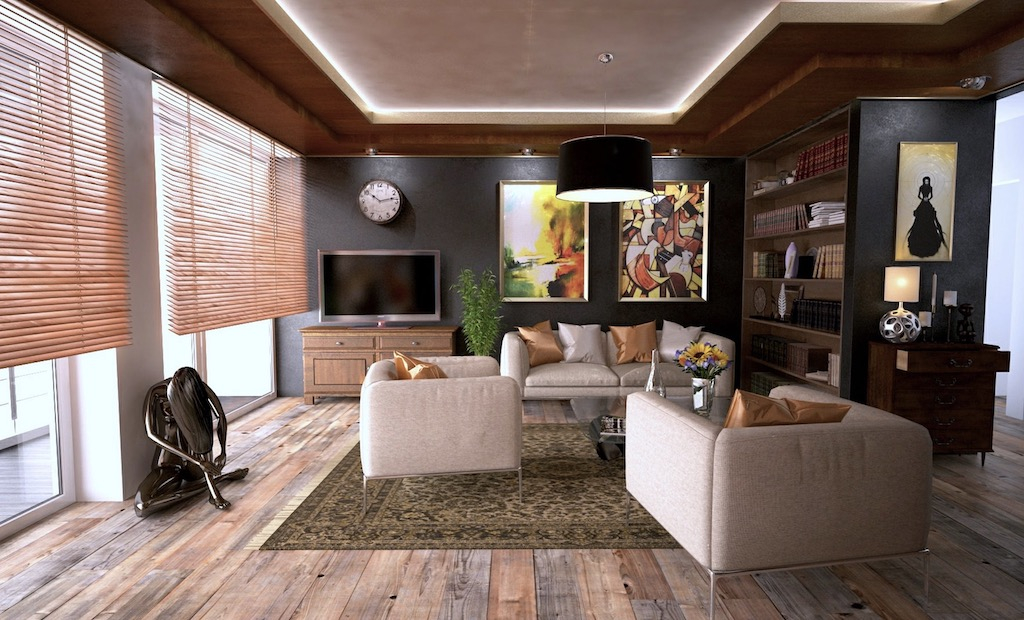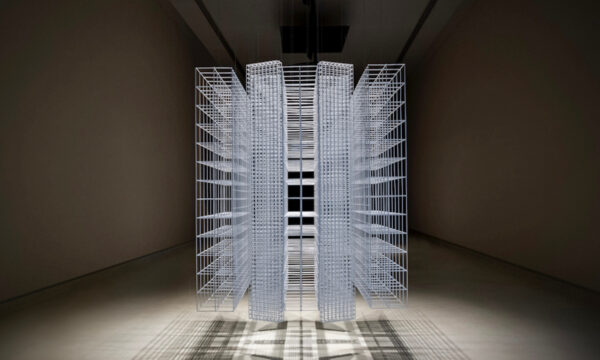Everything you need to know about a boiler

New homeowners have to worry about two essential systems in their houses; the cooling and the heating systems, as they are the most important factors that you should focus on after purchasing a new house. Even if you had your house for a while and are thinking about changing the heating system, you might have a lot of questions about which system to go for; should you choose furnaces or boilers? While furnaces were the most common choice between both, many people who are choosing a new heating system nowadays will go for boilers and it’s for several good reasons.
How do boilers provide heat?
This is probably the first question that you should know the answer before diving deeper into this topic. While furnaces tend to warm the air in the rooms, boilers provide radiant heat that is able to warm up the whole room to a much higher degree. That’s why many people prefer boilers over furnaces. You will be able to control the temperature that you set the thermostat to, and the boiler will provide heat that makes the room feel warmer without getting too hot. The balance in the distribution of heat throughout the house that boilers provide is always preferable.
Learn the differences
Boilers are available with different features and various options. That’s why it’s extremely essential to start educating yourself on everything that you need to know once you decide on buying a new heating system. However, at some point along the process of buying or leasing a new boiler, you will need professional help to assist you with the decision-making process to make sure that you choose a suitable boiler for your house – and a suitable boiler cover. Professional service is also needed with installation, repairs, removing a back boiler, deciding on the thermostat and temperature, and all your boiler needs. Professional advisors at BoilerCentral made sure to educate their clients with different important articles and pieces of advice that covered most topics that people tend to discuss when it comes to boilers and choosing the right one. With their experience and knowledge, they have managed to make this hectic mission a lot easier for people who are still confused.
Closed systems vs open systems
This is the first option you will face when you are purchasing a new heating system for your house. Boilers are vessels with water that transfer heat by boiling water to steam. This process results in a high heat transfer rate that warms up the whole house, which will make it more comfortable during the cold winter months. Diving deeper into understanding how boilers work, you will be faced with a choice between closed system boilers and the ones with open systems. A closed system means that 100% of the steam that has resulted from heating water is returned and reused within the system. Most outdated heating systems are closed ones with only one pipe. Open systems, on the other hand, don’t feed the steam back into the water, which means that there are higher heat losses that will require much more power rather than closed systems.
Fire-tube boilers or water-tube ones?
This will be another decision that you will have to make. Firetube boilers are commonly referred to as shell boilers due to the direction the hot gasses go through in the boiler shell. Think of this firetube boiler as a heat exchanger with water floating around the shell and the gasses pass through a bank of tubes that are arranged within it. This type of boilers produces an amazing amount of energy that can reach up to 750 horsepower. Since fire-tube boilers are the most common type, about 80% of manufacturers today focus on them compared to water-tube ones.
Unlike water-tube boilers which are usually designed to direct hot gasses externally around the tubes that contain water. The water tubes are positioned vertically to achieve optimal functionality. Water-tube boilers can also produce great amounts of energy that, on average, reach up to 700 horsepower. However, they are considered to be safer than firetube boilers. The latter, on the other hand, tends to cost less with easier maintenance and cleaning.
Making the right decision between boilers and furnaces, and then choosing the type of boiler you specifically want to require some effort from your part. You will need to be educated enough on how boilers work, the combustion process, safety, maintenance, and the many options you have to choose from. That’s why we need to go back to basics and learn everything about boilers to be able to make the right decision when it comes to this essential house system.
The editorial unit




















Facebook
Twitter
Instagram
YouTube
RSS